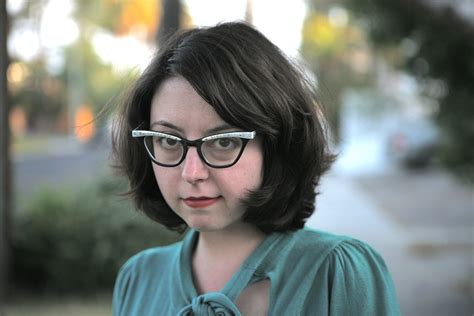A Quote by George Monbiot
A central task for any campaign is to develop a narrative: a short, simple story explaining where we are, how we got here and where we need to go.
Related Quotes
The short story is at an advantage over the novel, and can claim its nearer kinship to poetry, because it must be more concentrated, can be more visionary, and is not weighed down (as the novel is bound to be) by facts, explanation, or analysis. I do not mean to say that the short story is by any means exempt from the laws of narrative: it must observe them, but on its own terms.
It doesn't need to be deep and it doesn't need to be a 65-point plan, but just to give some concrete examples of how this economy is going to work for the people that feel right now it's not working for them, and then finally to get to central tension of this campaign. This is a presidential campaign where you have Americans now who want to see change. And Hillary Clinton is the status quo. How can she be both status quo and change?
I looked pretty crazy but at the time, you don't think anything of it. You think, "I've got an amazing job. I'm working and this is cool." I remember I was being fit to go to a premiere for something at Burberry and Christopher Bailey, who designs the clothes there, saw a picture of me and I looked weird. I had short black hair, hardly any eyebrows, I looked very very thin and he went, "We need to put Douglas in a campaign." So four days later, I was shooting a Burberry campaign because he had seen me looking crazy from the show so that was kind of funny.
But I am not sure it would contain any short stories. For the short story is a minor art, and it must content itself with moving, exciting and amusing the reader. ...I do not think that there is any (short story) that will give the reader that thrill, that rapture, that fruitful energy which great art can produce.
I believe that we are a story-driven species and that we understand how things are put together, in the context of narrative. It's a shame that science hasn't been taught that way, in a long time. It's usually the fact completely devoid of any human experience or any idea of how the scientist came to that conclusion.






































